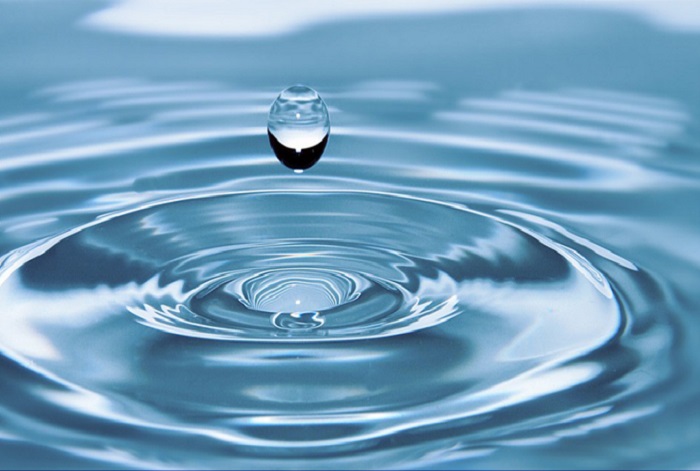It is a well-known fact that there can be no life without water. Human beings depend heavily on water for survival. They can survive without food for several days, but not without drinking water. The use of water includes water for drinking, bathing, washing, cooking and several other purposes.
Today, around 1.1 billion people lack access to an improved water resource and over three million people, mostly children, die every year from water-related diseases. Therefore, it is quite obvious that water quality is of utter importance to human health.
Water quality refers to the basic and physical characteristics of water that determine its suitability for life or for human uses. It is well-known that water quality has tremendous effects on human health both in the short-term as well as long-term. It is heartbreaking to know that millions of people globally do not have access to this most basic need, and are dying of thirst and water-borne diseases. The freshwater sources around the globe are threatened by water pollution, which is very harmful to humans, animals and water life.
The effects can be catastrophic, depending on the kind of chemicals, concentrations of the pollutants and where they are polluted. For instance, many water bodies near urban areas (cities and towns) are highly polluted. This is the result of both garbage dumped by individuals and dangerous chemicals legally or illegally dumped by manufacturing industries, health centres, schools and market places. Here are some of the harmful effects of water pollution:
- The death of Aquatic Animals: The major problem caused by water pollution is that it kills the life that depends on these water bodies. Often, dead fish, crabs, birds and seagulls, dolphins and many other aquatic animals wind up on beaches, killed by pollutants in their habitat.
- Disruption of Food-Chains: The pollution in water disrupts the natural food chain as well. The pollutants such as lead and cadmium are eaten away by tiny animals. These animals later are consumed by fish and shellfish, and the food chain continues to be disrupted at all higher levels.
- Diseases: Humans eventually are affected by this process as well. By eating seafood that has been poisoned, people can get diseases such as hepatitis. In many poor nations, there is always the outbreak of cholera and diseases as a result of poor drinking water treatment from contaminated waters.
- Destruction of Ecosystems: Ecosystems (the interaction of living things in a place, depending on each other for life) can get severely changed or destroyed by water pollution. Many areas are now being affected by careless human pollution, and this pollution is coming back to hurt humans in numerous ways.
- Drinking Water Contamination: Drinking water comes from surface water, such as lakes and rivers, and from groundwater. Pollution in these sources affects the quality and safety of water available in your home and, if the problem is not detected, it can affect your health. The pollution of drinking water occurs because of contamination by human and animal waste, mining activities, fertilisers and pesticides from homes and farms, industrial wastes, hazardous wastes generated by dry cleaners and gas stations, landfills and improperly disposed of household wastes.
For more information, you can call on Anglian Water Contact Number and get in touch with its dedicated team.
